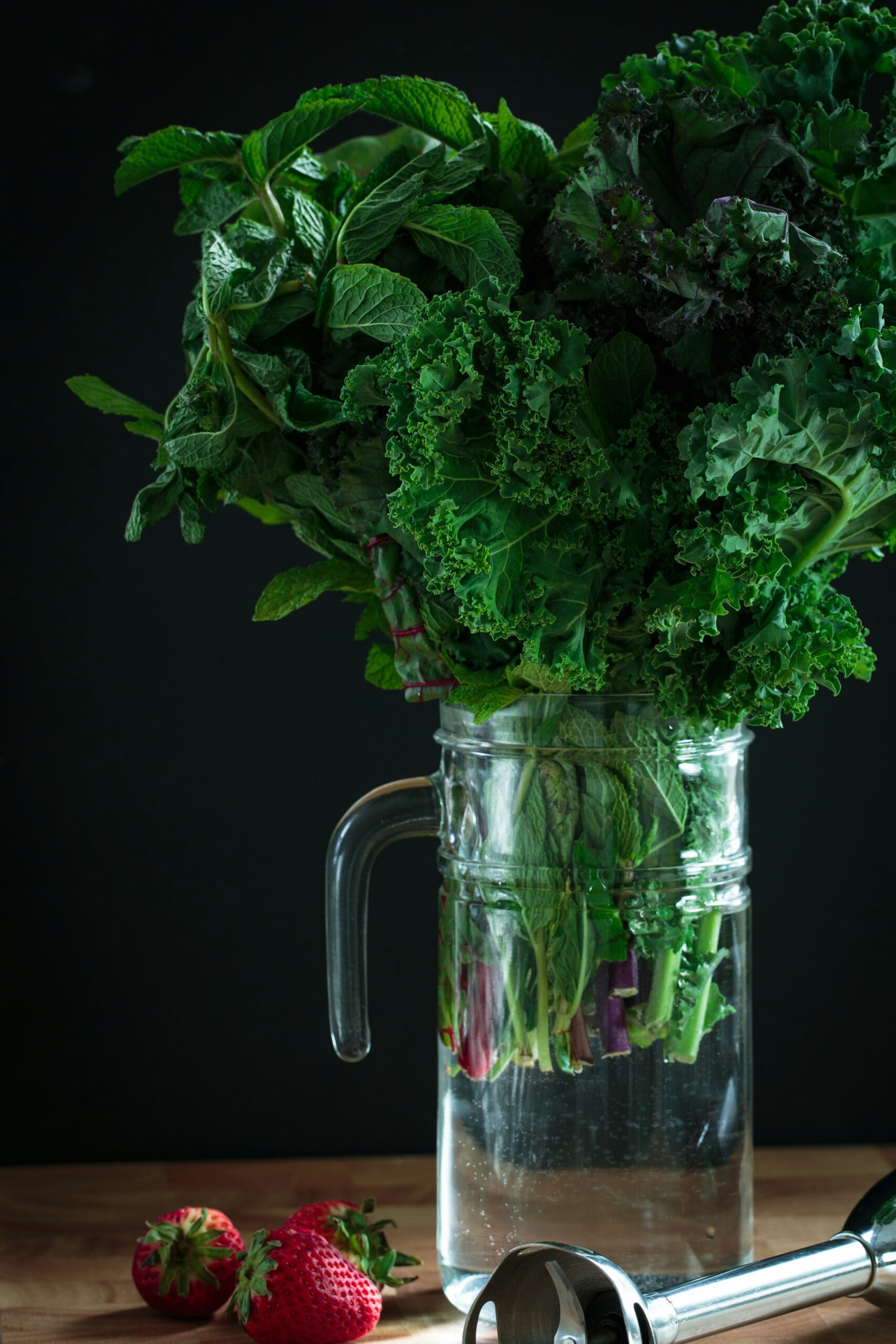

Introduction to Plant-Based Diets
Imagine a world where your meals not only nourish your body but also nurture the planet. Welcome to the realm of plant-based diets, where vibrant fruits and vegetables take center stage on your plate. This green revolution is more than just a trend; it’s an opportunity to embrace health, sustainability, and culinary creativity.
Whether you’re curious about trying out new recipes or considering a full lifestyle change, exploring the benefits of a plant-based diet can open up exciting possibilities. It’s time to dive into this colorful journey and uncover how choosing plants can transform your life and our world for the better. Ready to discover what wonders lie ahead? Let’s get started!
The Health Benefits of a Green Diet
A plant-based diet is a treasure trove of health benefits. Emphasizing fruits, vegetables, grains, and legumes can lead to improved heart health. Studies show that this way of eating may reduce cholesterol levels and lower blood pressure.
Weight management becomes more achievable too. Whole foods are often lower in calories but high in fiber, helping you feel full longer without overeating.
Digestive health thrives on a green diet. The abundance of dietary fiber supports gut function and regularity while nourishing beneficial bacteria.
Moreover, many plant-based foods boast powerful antioxidants. These compounds help combat oxidative stress and inflammation within the body.
Nutrient density is another remarkable aspect. Leafy greens provide essential vitamins like A, C, K, plus minerals such as iron and calcium—all crucial for overall well-being.
How a Plant-Based Diet Can Improve the Environment
A plant-based diet plays a vital role in preserving our planet. By reducing meat consumption, we significantly lower greenhouse gas emissions. Livestock farming is a major contributor to these emissions, while plants emit far less.
Water conservation is another significant benefit. Animal agriculture demands vast amounts of water for both livestock and grain production. Shifting towards plants helps lessen this strain on our precious resources.
Moreover, growing crops requires less land compared to raising animals. This shift can reduce deforestation and habitat destruction caused by expanding pastures or feed crop fields.
Additionally, diverse plant cultivation enhances soil health and biodiversity. Healthier ecosystems can absorb more carbon dioxide, further combating climate change effects.
Choosing plants over animal products creates a ripple effect that positively influences the environment at multiple levels. It’s an impactful choice that benefits everyone.
Common Misconceptions About Plant-Based Eating
Many people assume that a plant-based diet lacks protein. The truth is, there are plenty of protein-rich foods available. Beans, lentils, quinoa, and nuts can easily meet your daily requirements.
Another misconception is that eating this way is expensive. While some specialty items may cost more, whole foods like grains and seasonal vegetables are often budget-friendly.
Some believe it’s difficult to get all necessary nutrients on a green diet. However, with careful planning and variety, you can obtain vitamins and minerals without trouble. Foods like leafy greens provide iron while fortified plant milks contribute calcium.
Many think plant-based diets lack flavor or excitement. In reality, the diversity of fruits, herbs, spices and cooking methods can create vibrant dishes full of taste and creativity! Embracing new ingredients opens up endless culinary possibilities.
Tips for Transitioning to a Plant-Based Diet
Transitioning to a plant-based diet can be an exciting journey. Start small by incorporating more fruits and vegetables into your meals. Gradually replace one meat-centric dish per week with a hearty plant alternative.
Experimentation is key. Try new recipes or explore unfamiliar ingredients like quinoa, lentils, or jackfruit. You might discover flavors you never knew you loved.
Plan your meals ahead of time to avoid last-minute temptations. Stock up on whole grains, legumes, nuts, and seeds for easy access when hunger strikes.
Don’t stress about perfection. It’s okay to have slip-ups along the way; just stay committed to your goals.
Connect with others who share similar dietary interests through social media or local groups. Their support can provide inspiration and motivation during your transition period.
Keep learning! Read books and blogs about plant-based nutrition to enrich your knowledge and refine your approach as you go along.
Delicious and Nutritious Plant-Based Recipes
Discovering plant-based recipes can be a delightful adventure. Imagine vibrant bowls brimming with colors and flavors that excite the palate.
Start your day with a creamy avocado toast topped with cherry tomatoes and fresh herbs. Simple, yet packed with nutrients.
For lunch, whip up a hearty quinoa salad mixed with black beans, corn, diced peppers, and a zesty lime dressing. It’s satisfying and easy to prepare.
Dinner could feature roasted chickpeas tossed in spices alongside tender sweet potatoes drizzled with tahini sauce. Each bite is an explosion of taste.
Don’t forget snacks! Try energy bites made from oats, nut butter, and dark chocolate chips for a quick pick-me-up throughout the day.
With countless options available, embracing plant-based meals becomes exciting rather than restrictive. The world of green cuisine awaits you—deliciously inviting at every turn!
Conclusion: Embracing the Power of Plants for a Better World
The journey towards a plant-based diet is not just about personal health; it’s also about making a positive impact on our planet. The benefits are vast and compelling, from the improved nutrition that fuels your body to the significant reduction in environmental footprints.
As more people discover these advantages, there’s an exciting shift happening. Communities are coming together to explore new culinary horizons while prioritizing sustainability. This movement encourages creativity in the kitchen and fosters a deeper connection with what we eat.
By embracing plants, you’re contributing to animal welfare and promoting biodiversity. Every meal becomes an opportunity for positive change—not just for you but for future generations as well.
So why not take that step? Experiment with vibrant fruits and vegetables, find joy in new recipes, and share this beautiful journey with others. The power of plants awaits—let’s harness it together for a healthier you and a thriving planet.
